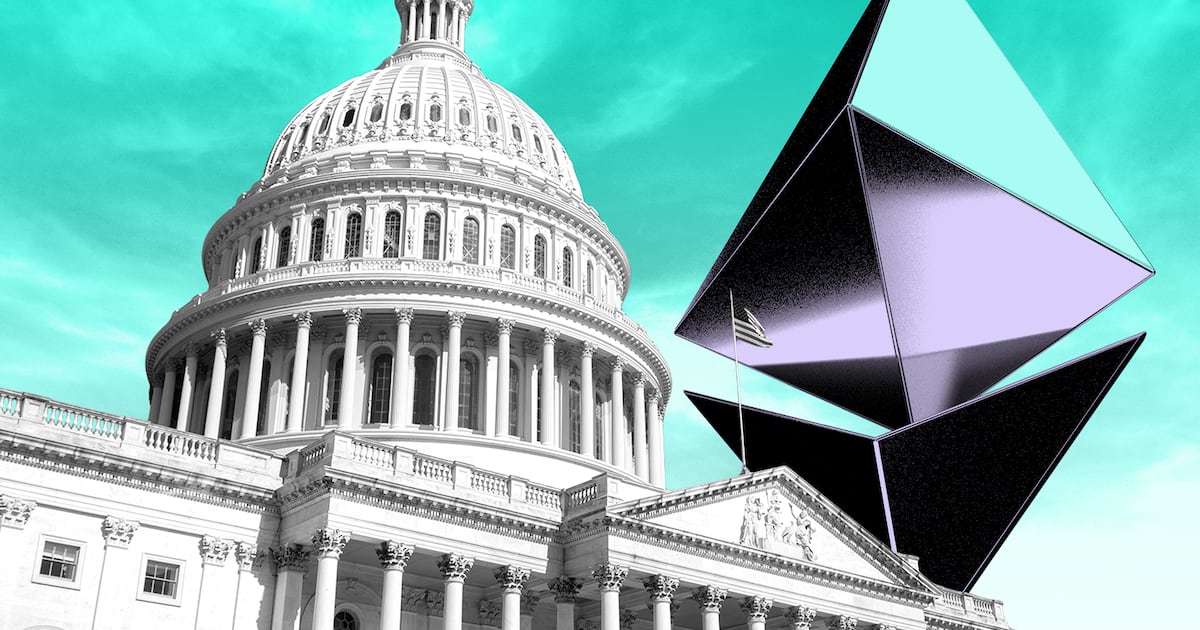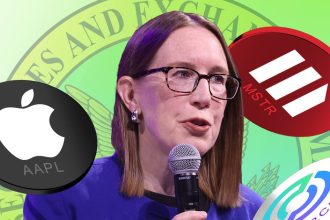Landmark Crypto Legislation Passes House Committees
[Date]
Landmark crypto legislation passed House committees despite split committee concerns
Lawmakers advanced the Clarity Act, which would assign cryptocurrency oversight to the Commodity Futures Trading Commission. However, concerns grew over potential “decentralization theatre” allowing crypto firms easier regulatory access.
House Committee Approvals
The Clarity Act cleared two key House committees this week. In a 47-6 vote, the Agriculture Committee approved the legislation. The Financial Services Committee subsequently passed it in a closer 32-19 vote after a marathon hearing.
Democrats’ concerns focused on provisions easing regulations for decentralized blockchains and DeFi activities, though many still supported these aspects.
Core Provisions and Concerns
The Clarity Act aims to resolve jurisdictional conflicts between the CFTC and SEC. Its main feature is lighter regulations—effectively off the books—for “mature blockchain systems” deemed sufficiently decentralized.
“Potential huge loophole,”
The bill mechanism allows the SEC 120 days to review decentralization applications. Expiration could let firms self-certify, potentially after making false decentralization promises, a practice called “decentralization theatre.” Representative Bill Foster warned the “bazillion crypto assets” pose an overwhelming application volume.
Commodities chief French Hill pressed for adequate SEC funding to handle the work, while Bryan Steil noted liability protections against false applications.
Divergent Committee Feedback
In the Agriculture Committee, Republicans accepted some Democratic amendments including a modest CFTC registration fee for crypto intermediaries to fund regulatory efforts.
These provisions were rejected in the Financial Services Committee, however. Democrats unsuccessfully proposed unrelated measures such as barring federal crypto purchases, banning presidential crypto startups, and requiring bipartisan leadership for both commissions.
Despite bipartisan passage, President Trump threatens to disrupt the norm of bipartisan commission nominees unless Congress ratifies his upcoming appointments, casting doubt on the bill’s long-term implementation.












